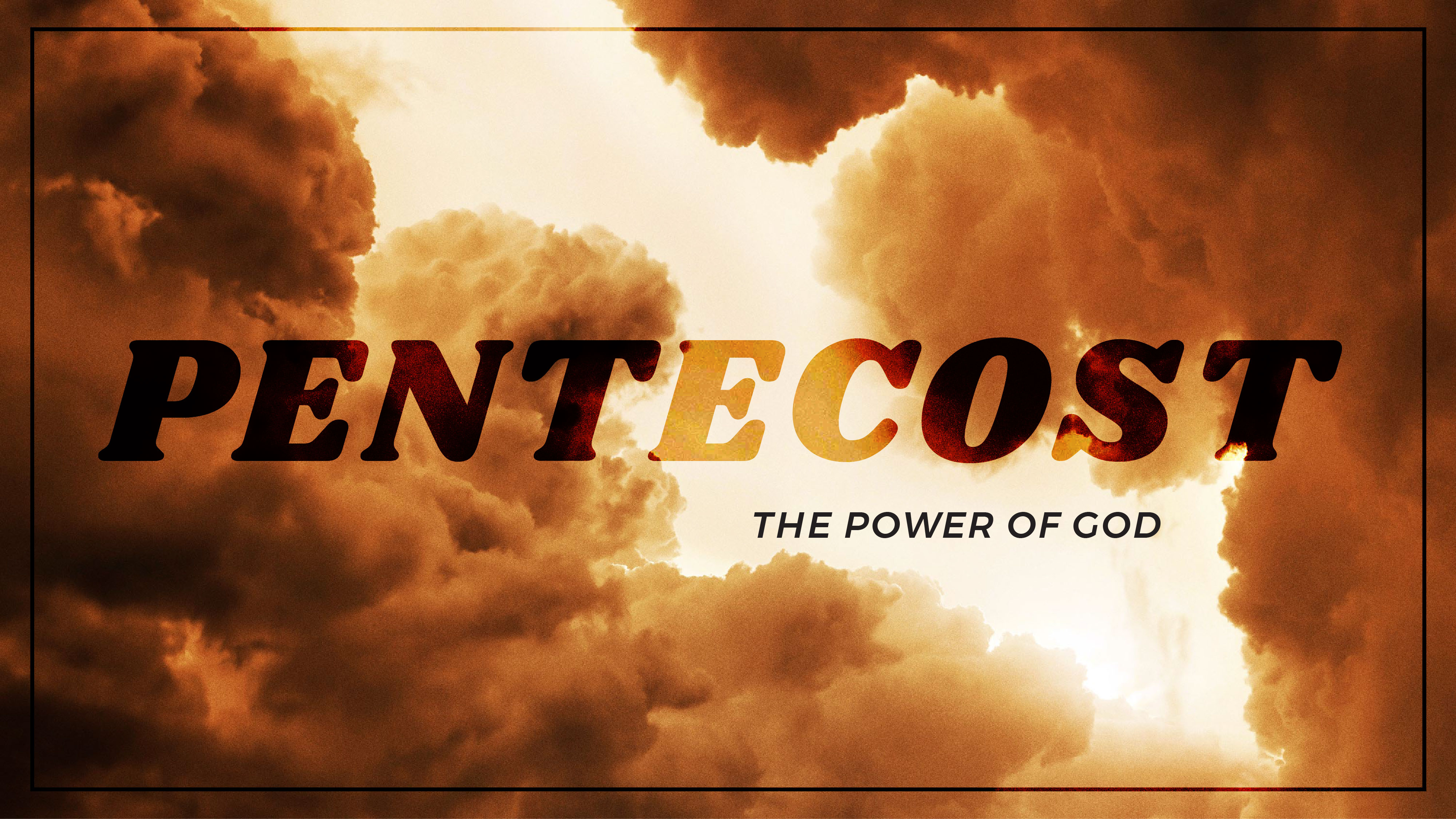-
Power In The Thorns Of Life
Contributed by Randy Shepard on Jul 9, 2018 (message contributor)
Summary: If we are humble enough to ask, Christ will let His power rest on us to help us dear with the thorns we encounter in life.
The year 1527 was the most trying year of Martin Luther’s life. On April 22 he was preaching in Wittenberg when he became dizzy and fainted. Over the next several months he dealt with debilitating depression and sickness. It had been 10 years since he had published his 95 theses. He had battled long and hard against the church and government, even against other reformers. Now he was broken and beaten. He wrote a friend about his illness, "I spent more than a week in death and hell. My entire body was in pain, and I still tremble. Completely abandoned by Christ, I labored under the vacillations and storms of desperation and blasphemy against God. But through the prayers of the saints, God began to have mercy on me and pulled my soul from the inferno below." Eventually with the help of doctors he regained his strength and health. Just as he was recovering a plague struck Wittenberg. Even though his wife was pregnant, Luther’s house was transformed into a hospital, and he watched many friends die. Then his son became ill and it looked as if he to would die. In the midst of all this he wrote his most famous hymn "A Mighty Fortress Is Our God."
You could say that Martin Luther had been dealing with many thorns in his life when he wrote that beautiful and majestic hymn. Sometimes in life we encounter thorns. We try to avoid them, but they are everywhere. Even something as beautiful as a rose has thorns on its stem. The first time that the bible mentions thorns is in Genesis 3:18. After Adam and Eve at the fruit from the tree of knowledge, God hands down a list of punishments. In Genesis 3:17-18 God says to Adam “Cursed is the ground because of you; from painful toil you will eat food from it the all days of your life. It will produce thorns and thistles for you, and you will eat the plants of the field.” Thorns exist because of the original sin. Just one of the many things we can thank Adam and Eve for.
In 2014 I took some English classes at Northern Illinois University to obtain an English endorsement on my teaching license. I needed to take four English classes. Any four English classes. So, when I saw they were offering a class called The Bible as Literature I thought that will be an easy A given that I hold a Master of Divinity. And I was right. Hey, I try to live by the motto work smarter not harder. One of the assignments for that class was to write a paper on a symbol found in the Bible. I chose to write about the symbol of the thorn. What I found was that when a the symbol of a thorn in used in Scripture, it symbolizes sin.
Even the crown of thorns that the Roman soldiers placed on Jesus head during the passion story symbolizes sin. When the soldiers placed the crown of thorns on the head of Jesus it was if they were literally placing the entire sins of the world on Jesus. Not all theological scholars would agree with my assertion that a thorn always symbolizes sin, but there are plenty who do. Therefore, I believe that when Paul writes “Therefore, in order to keep me from being conceited I was given a thorn in my flesh, a messenger of Satan, to torment me,” he is talking about some sin that he struggled with. Paul asked the Lord three times to take it away. Three is a significant number in the Gospels. In the Garden of Gethsemane, Jesus asked the Father three times to take away the cup he was about to drink, Peter denied Jesus three times, and Jesus asked Peter three times if Peter loved him after his resurrection. So, when Paul writes that he asked Lord three times to take away his thorn, he is connecting his story with the story of Jesus. Jesus responded to Paul by saying “My grace is sufficient for you, for my power is made perfect in weakness.” Jesus’ response to Paul only confirms my conclusion that Paul is talking about a sin here. Jesus offered Paul grace for his thorn. Why does one need the grace of God? Is it not because he or she has sinned against God? I love Paul’s response to Jesus’ answer. “Therefore, I will boast all the more gladly about my weaknesses, so that Christ’s power may rest on me. That is why, for Christ’s sake, I delight in weaknesses, for insults, in hardships, in persecutions, in difficulties. For when I am weak, then I am strong.” The city of Corinth was a city where power was celebrated and honored with Monuments and civic buildings. Other buildings had inscriptions praising wealthy donors. In fact, the culture of the Corinth revolved around power. Despite having a culture that revolved around power, boasting was frowned upon. Paul’s boasting about his weaknesses was contrary to the culture he was writing to. There is little doubt Paul knew the City of Corinth quite well, and thus knew what he was doing when he penned those words. He was challenging their cultural mind set to help them start think in a more Christ-like way.

 Sermon Central
Sermon Central



